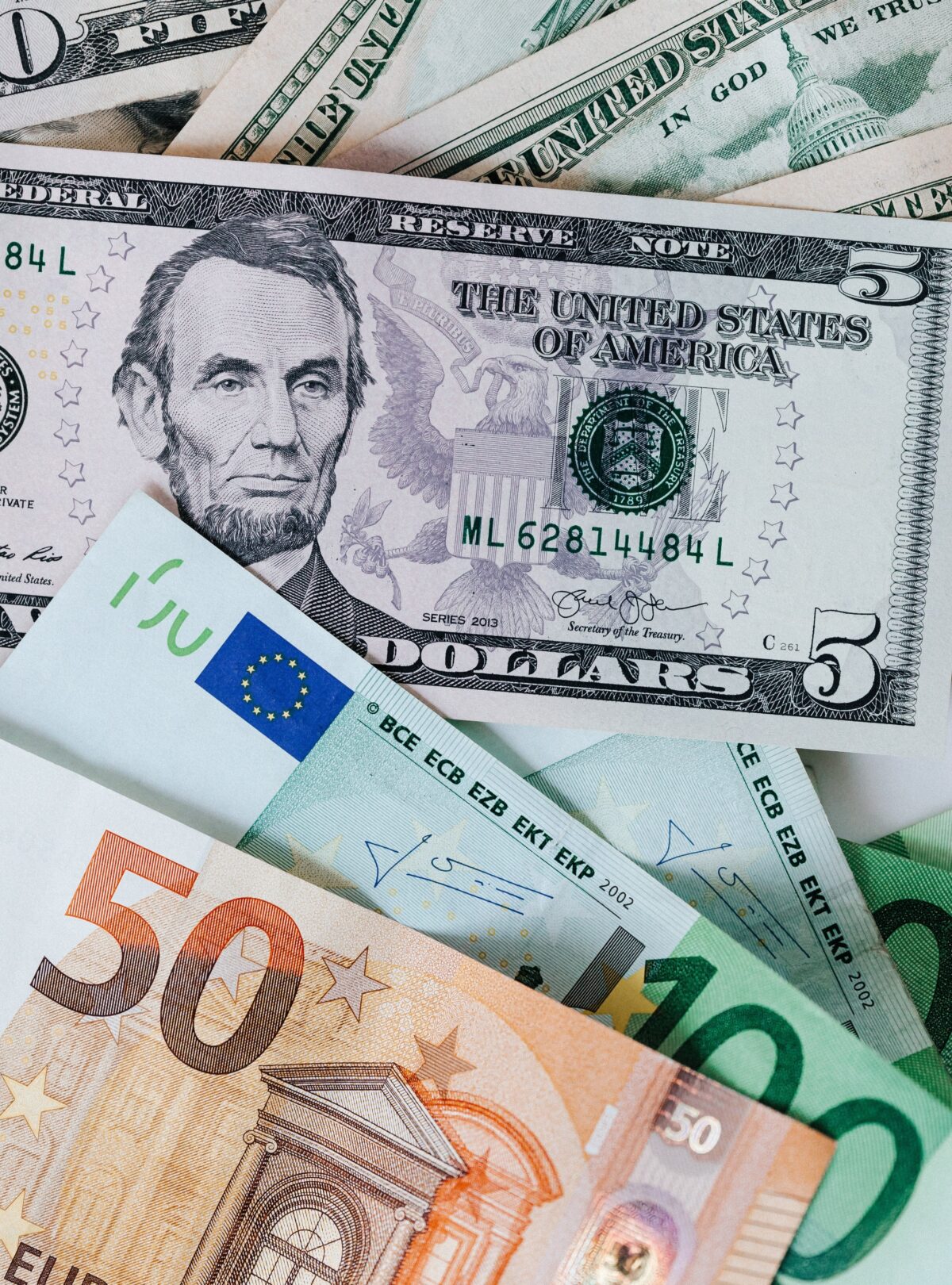“I love money. I love everything about it. I bought some pretty good stuff. Got me a $300 pair of socks. Got a fur sink. An electric dog polisher. A gasoline powered turtleneck sweater. And, of course, I bought some dumb stuff, too.”
Steve Martin
I like money as much as the next guy. Actually, I like money much more than I like the next guy.
If you think that I am kidding, look at my history. I chased the billable hour for 40 years. I sat on the compensation committee when I could, and sucked up to the compensation committee when I couldn’t.
Not only did I like earning money, but I loved saving money. One of my favourite questions for family members contemplating frivolous purchases (like new clothes when they still have perfectly usable garments from only a decade ago) is, “do you have any idea how much the purchase price for that item would generate if it was invested and compounded to your retirement?”
I paid plenty of taxes, but I tried my best not to. Back when you could income split with young children, my kids had social insurance numbers before they hit one year old. I had a professional corporation to defer tax, as well as a family trust to fund my children’s university education.
So, I totally get the whole chasing money thing. But what is the point actually?
For some people, money represents status. They buy stuff so everyone will know that they have it.
For other people it means freedom. The more money that they have, the less restrictions they have on what they want to do and when they want to do it.
Then there are those people for whom money means love. As someone once said to me, “if you really loved me, you would be rich.”
For me, money means security. Having it means that I don’t have to live in fear of an unexpected expense or eat dog food in my retirement.
I tell the young people in my life that they must strive to understand their own relationship with money. It seems to me that they (and their elders) often do not. They spend money that they do not have or they refuse to spend money that they do have. They waste money on nonsense and lament not having savings. They work harder and harder for more and more and sacrifice their health and relationships to do so. They take the wrong job because it pays more. Or they refuse to work hard at all but think that it is someone else’s problem to make them financially secure.
Everyone has to understand why they think about money the way that they do, and whether they should think about it differently. We all need to understand our own relationship with money. Doing so can improve all of the more important relationships in our lives.
And finally, if after much contemplation you determine that your relationship with money is the most important relationship in your life, you might just want to re-examine your priorities.
